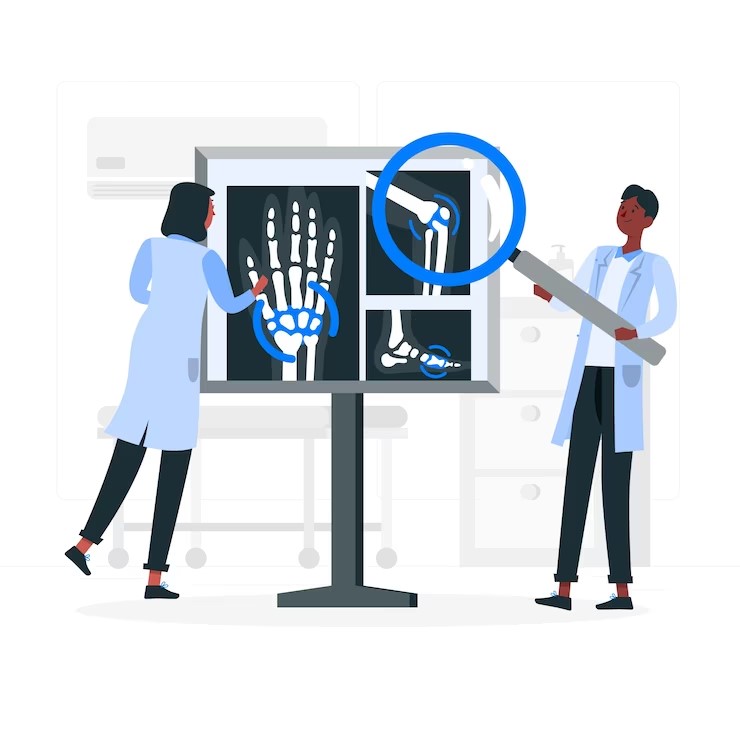Osteoarthritis, the most common form of arthritis, affects a significant number of individuals in South Africa. This chronic joint condition can cause pain, stiffness, and reduced mobility, significantly impacting the quality of life. However, with the right treatment approaches and self-care strategies, individuals can effectively manage osteoarthritis and lead fulfilling lives. This article explores various treatment options and self-care tips to help those living with osteoarthritis in South Africa.
Treatment options for osteoarthritis in South Africa encompass a combination of medical interventions, lifestyle modifications, and complementary therapies. When it comes to medications, nonsteroidal anti-inflammatory drugs (NSAIDs) are commonly prescribed to manage pain and inflammation. However, it is important for individuals to consult with their healthcare professionals to determine the most appropriate medication, taking into account their overall health and any potential side effects.
In addition to medications, physical therapy plays a vital role in the management of osteoarthritis. Physiotherapists can provide personalized exercise programs to strengthen muscles, improve joint flexibility, and enhance overall physical function. These exercises may include range-of-motion exercises, strength training, and low-impact activities such as swimming or cycling. Physical therapy can also involve techniques such as heat or cold therapy, ultrasound, and electrical stimulation to alleviate pain and promote healing.
Weight management is crucial for individuals with osteoarthritis, as excess weight puts additional stress on the joints. Adopting a healthy eating plan that includes a balanced diet rich in fruits, vegetables, whole grains, and lean proteins can help individuals maintain a healthy weight. Additionally, engaging in regular physical activity that is appropriate for their condition can aid in weight management and strengthen the muscles supporting the affected joints.
Complementary therapies such as acupuncture, massage therapy, and transcutaneous electrical nerve stimulation (TENS) can provide additional relief for individuals with osteoarthritis. These therapies have been reported to reduce pain and improve physical function. While the evidence for their effectiveness varies, some individuals find them beneficial in managing their symptoms. It is important to consult with healthcare professionals before incorporating any complementary therapy to ensure safety and appropriateness.
Self-care tips are essential for individuals managing osteoarthritis in their daily lives. Protecting the joints by avoiding excessive strain and using assistive devices such as canes or braces when needed can help reduce pain and prevent further damage. Applying heat or cold therapy to affected joints can provide temporary relief and help manage inflammation. Engaging in activities that promote relaxation and stress reduction, such as meditation or deep breathing exercises, can also be beneficial, as stress can exacerbate pain and discomfort.
Furthermore, individuals should be proactive in managing their condition by staying informed about osteoarthritis and its management. Educating oneself about the condition, including its causes, symptoms, and treatment options, can empower individuals to make informed decisions and actively participate in their own care. Regularly consulting with healthcare professionals, attending follow-up appointments, and adhering to prescribed treatment plans are essential for optimal management of osteoarthritis.
Support networks and patient advocacy groups can also provide valuable emotional support and information sharing for individuals living with osteoarthritis. Connecting with others who are facing similar challenges can provide a sense of community and understanding. It allows individuals to share experiences, exchange tips and strategies, and find encouragement in their journey of managing osteoarthritis.
In conclusion, managing osteoarthritis in South Africa requires a multidimensional approach that combines medical interventions, lifestyle modifications, and self-care strategies. By working closely with healthcare professionals, engaging in appropriate exercises, maintaining a healthy weight, and incorporating self-care practices, individuals can effectively manage their symptoms and improve their quality of life. Additionally, raising awareness about osteoarthritis and fostering support networks can create a supportive environment for those living with this condition. With the right tools and support, individuals in South Africa can successfully navigate the challenges of osteoarthritis and maintain an active and fulfilling lifestyle.










